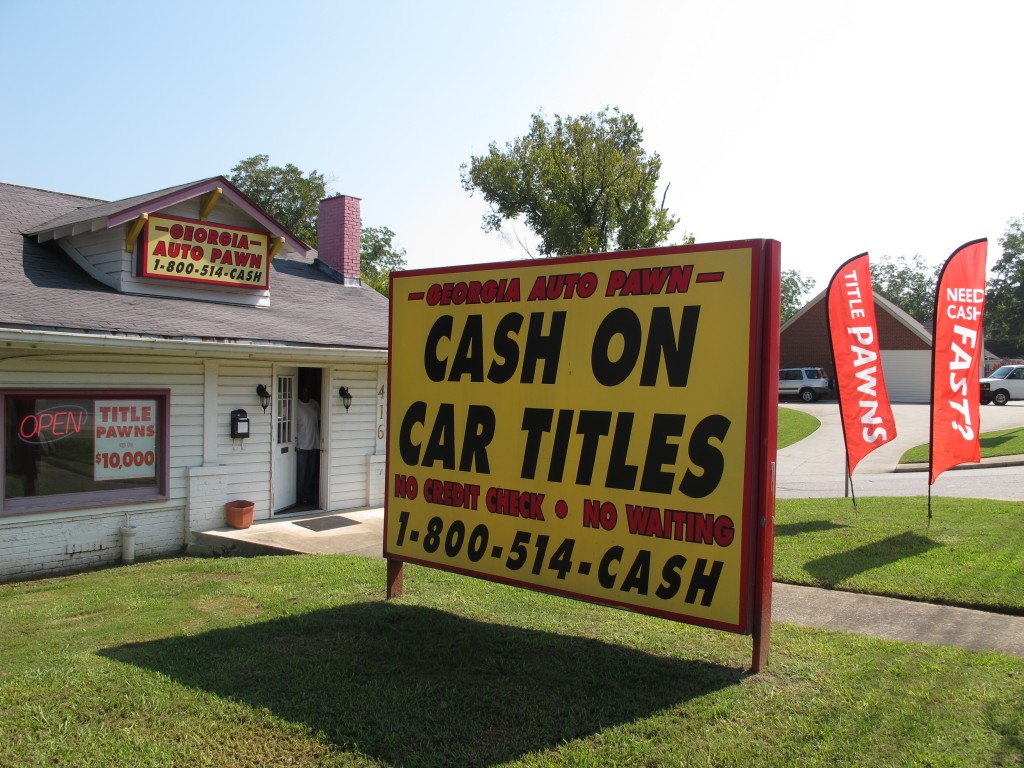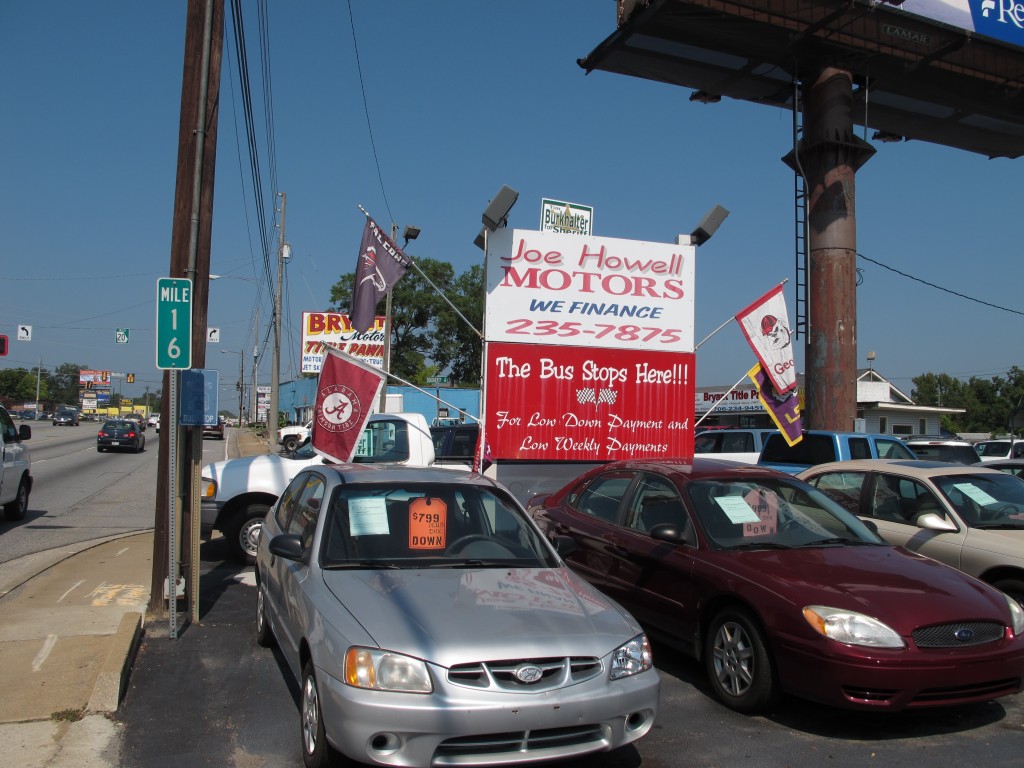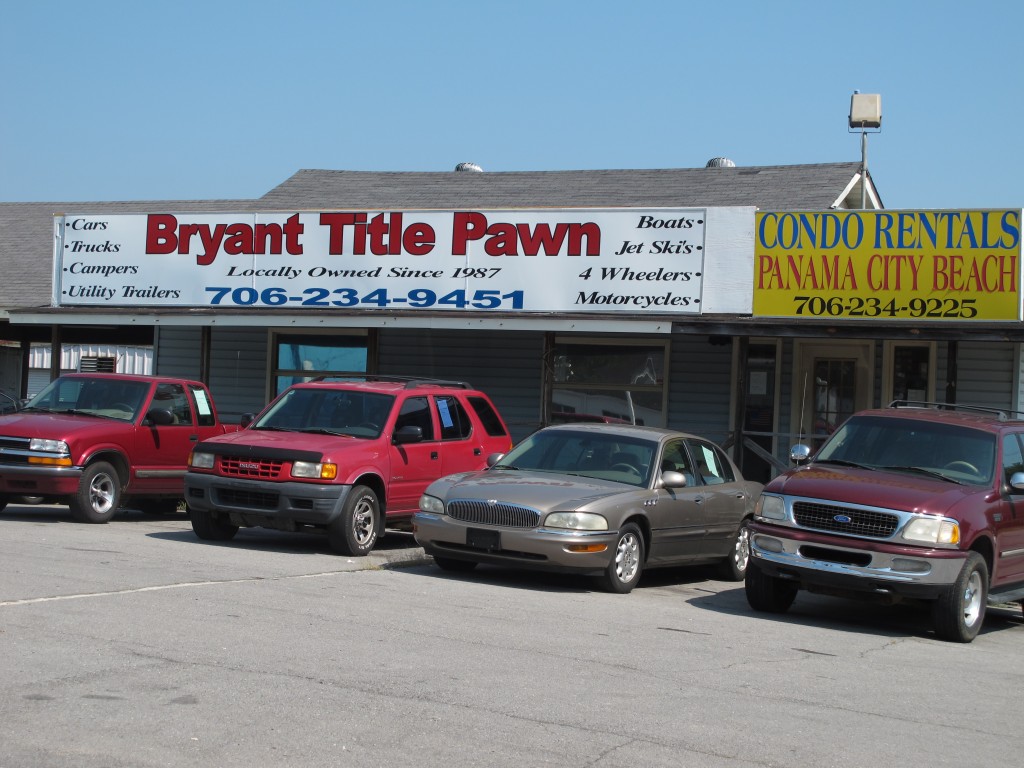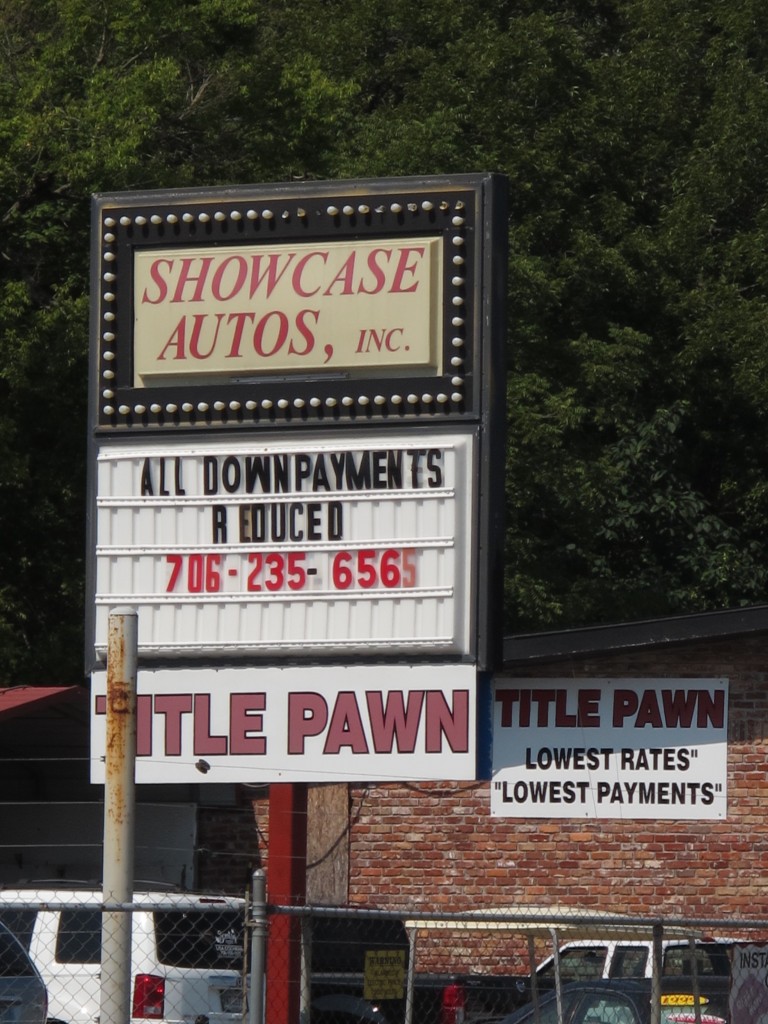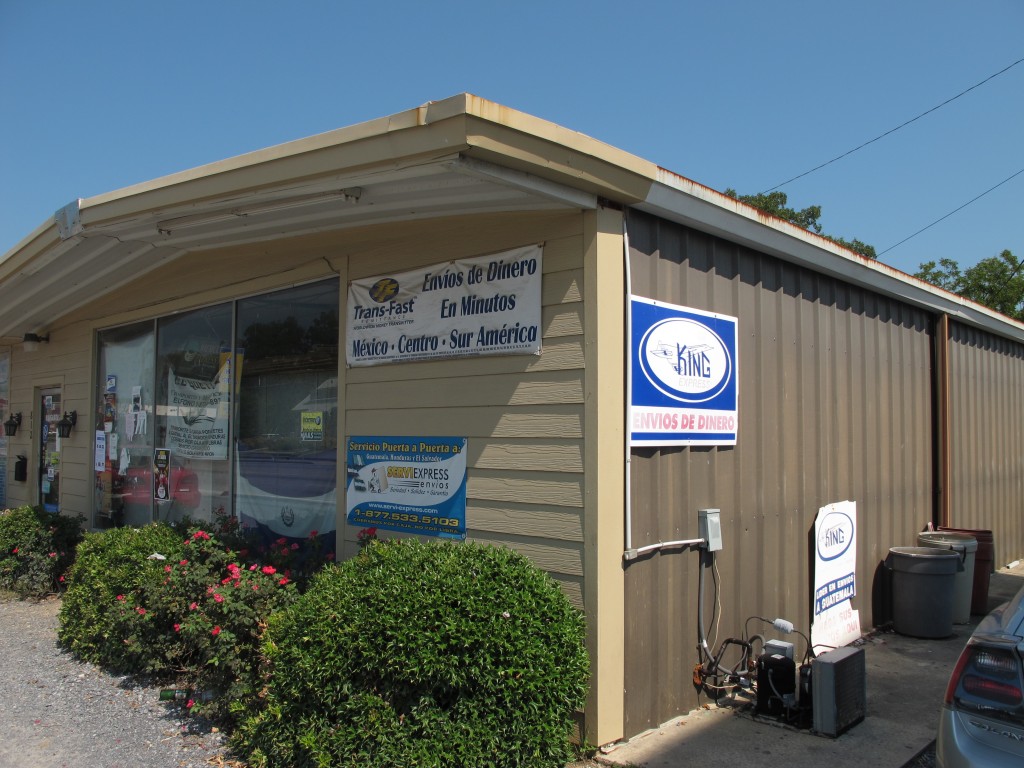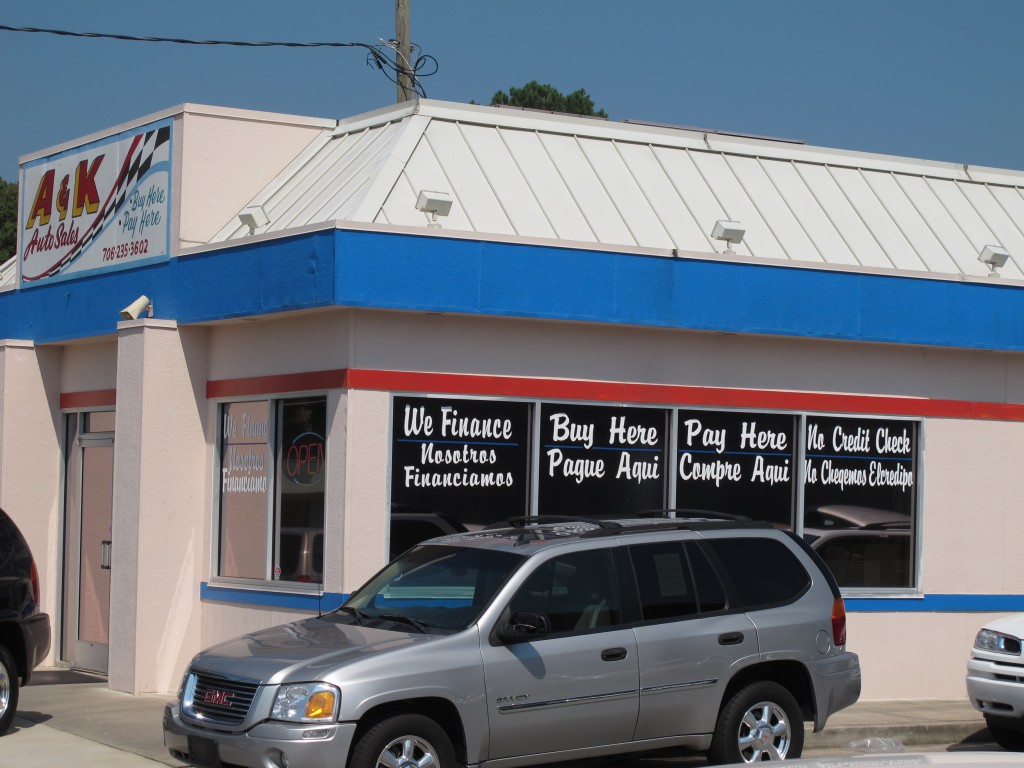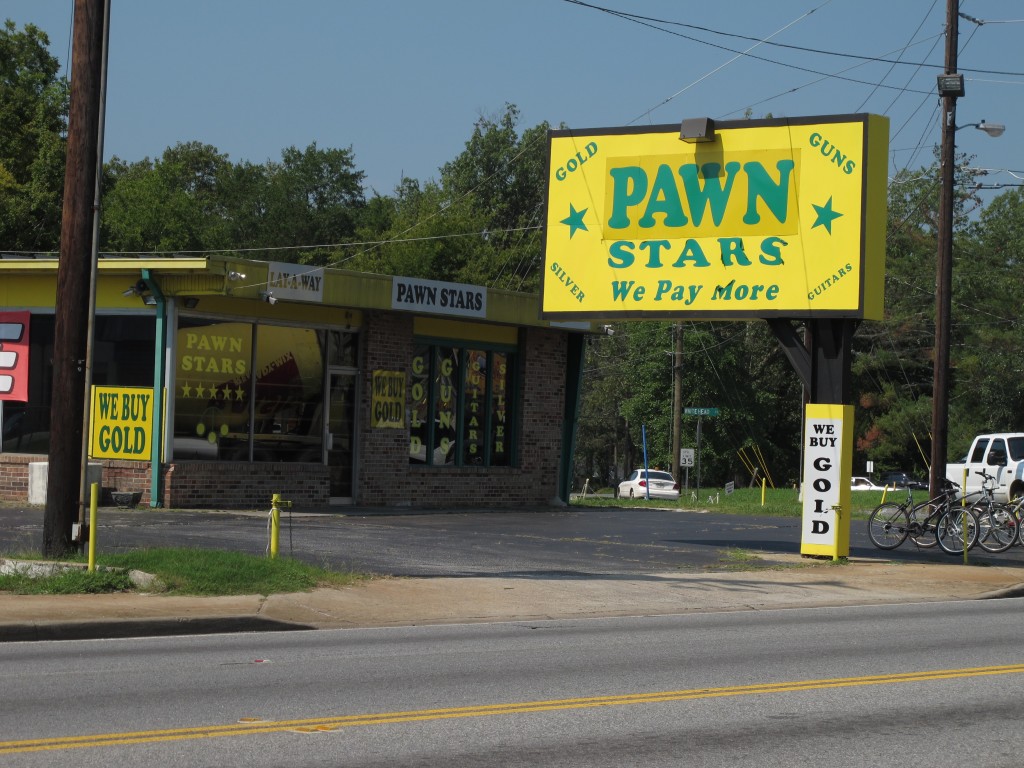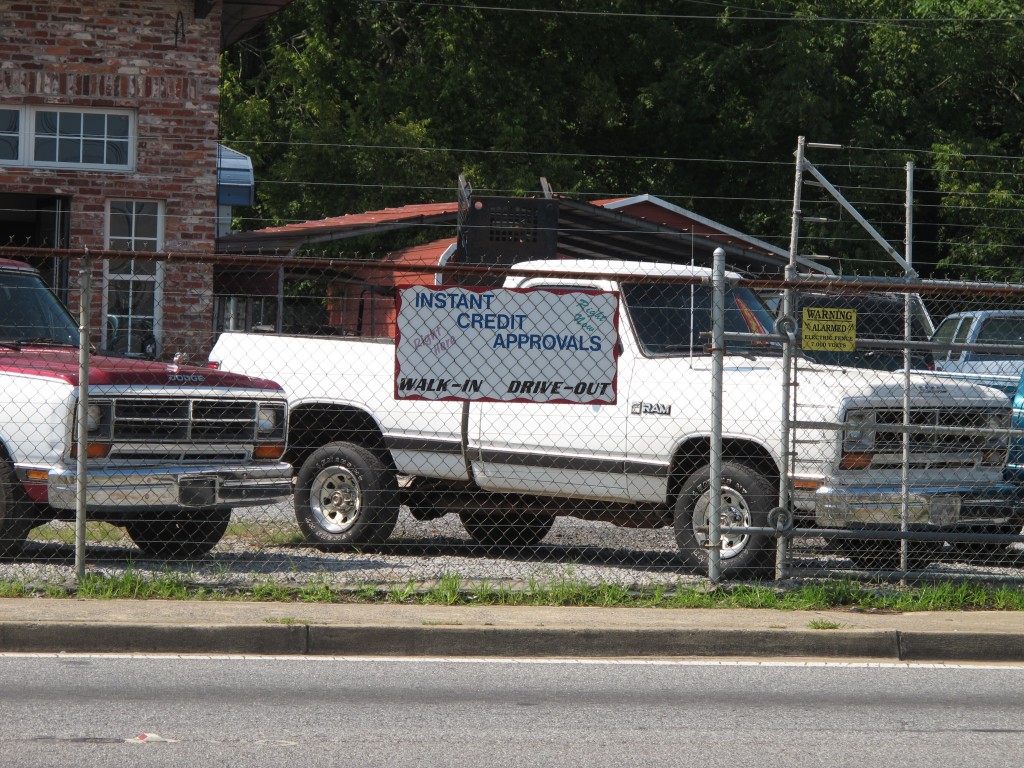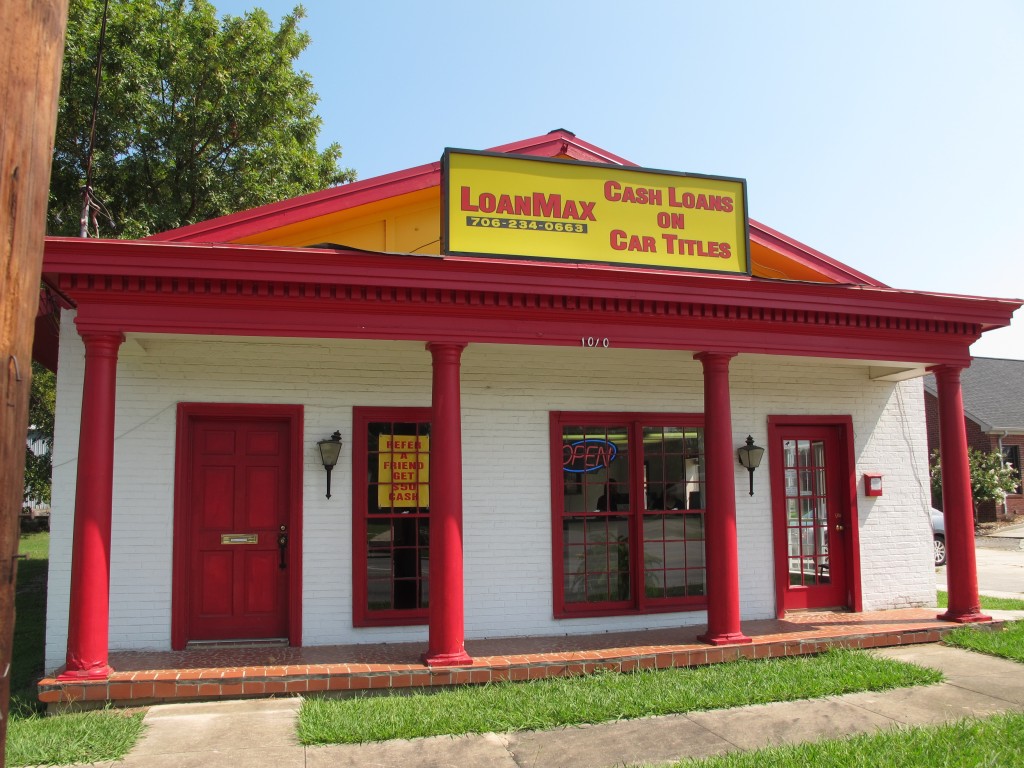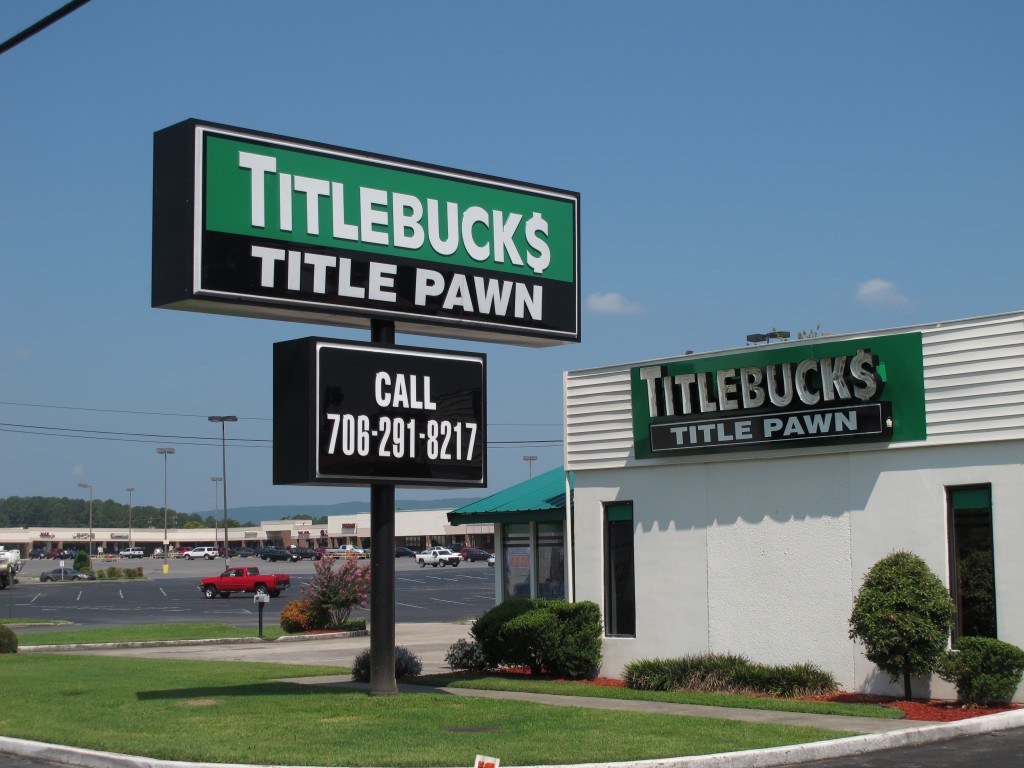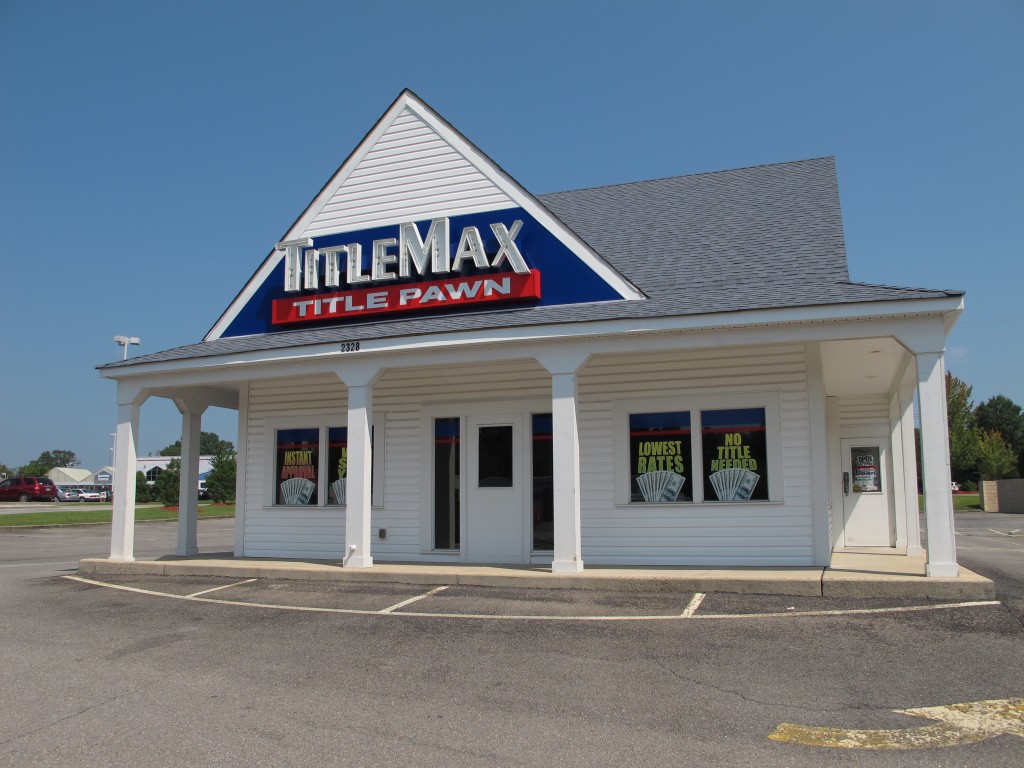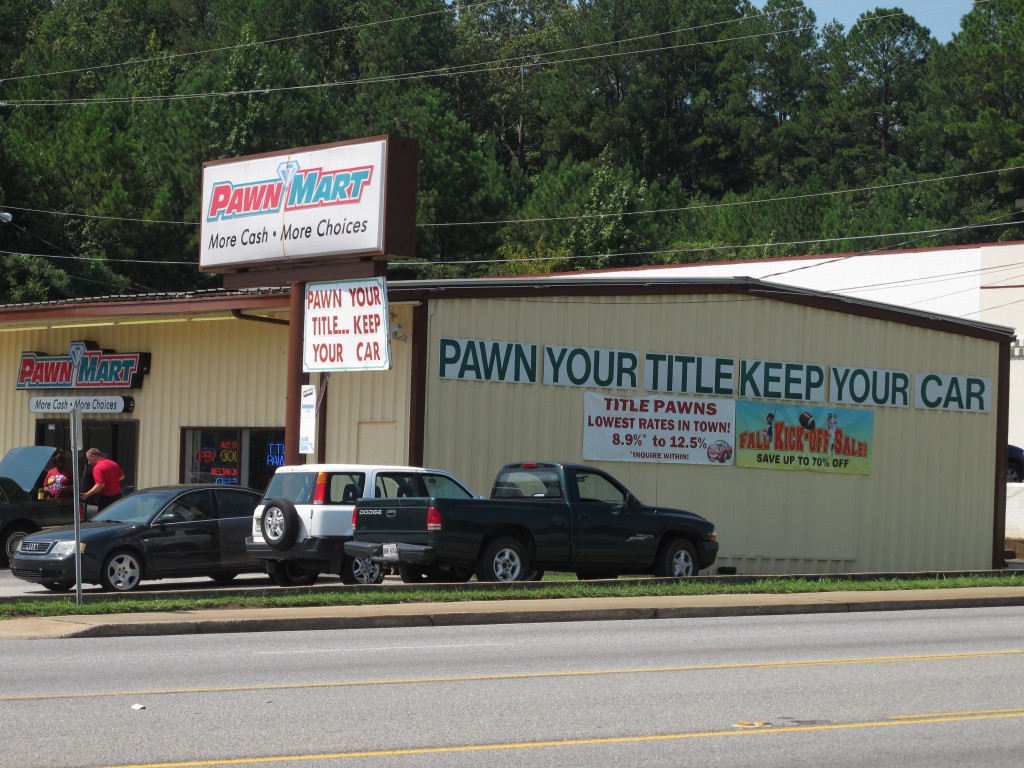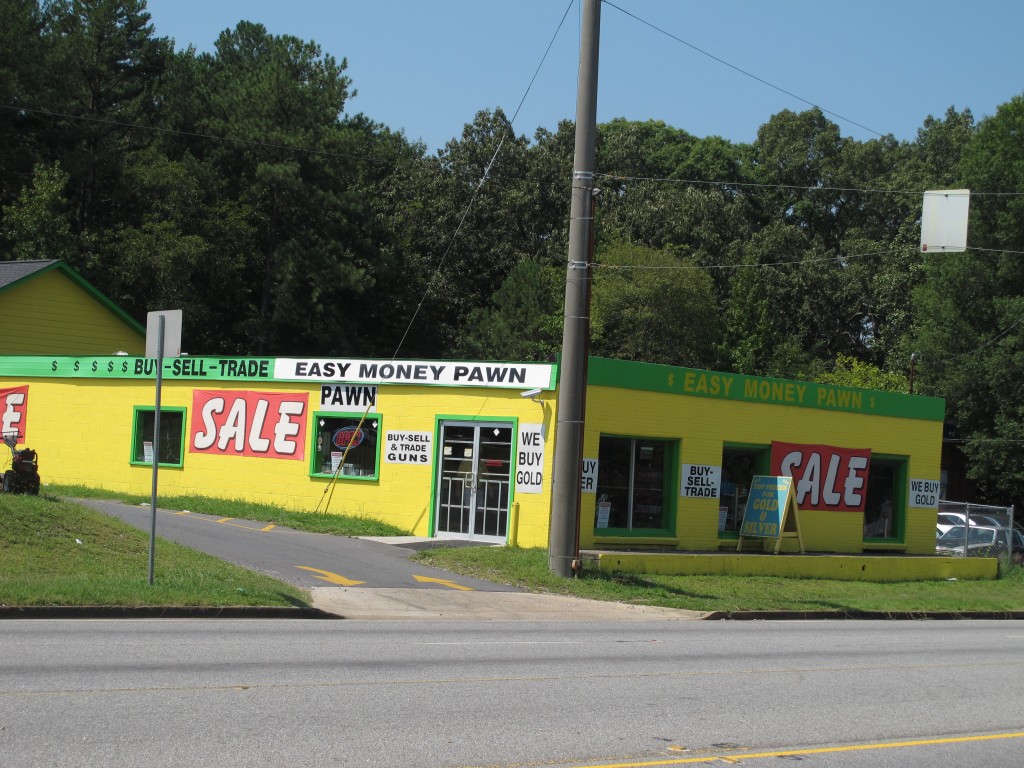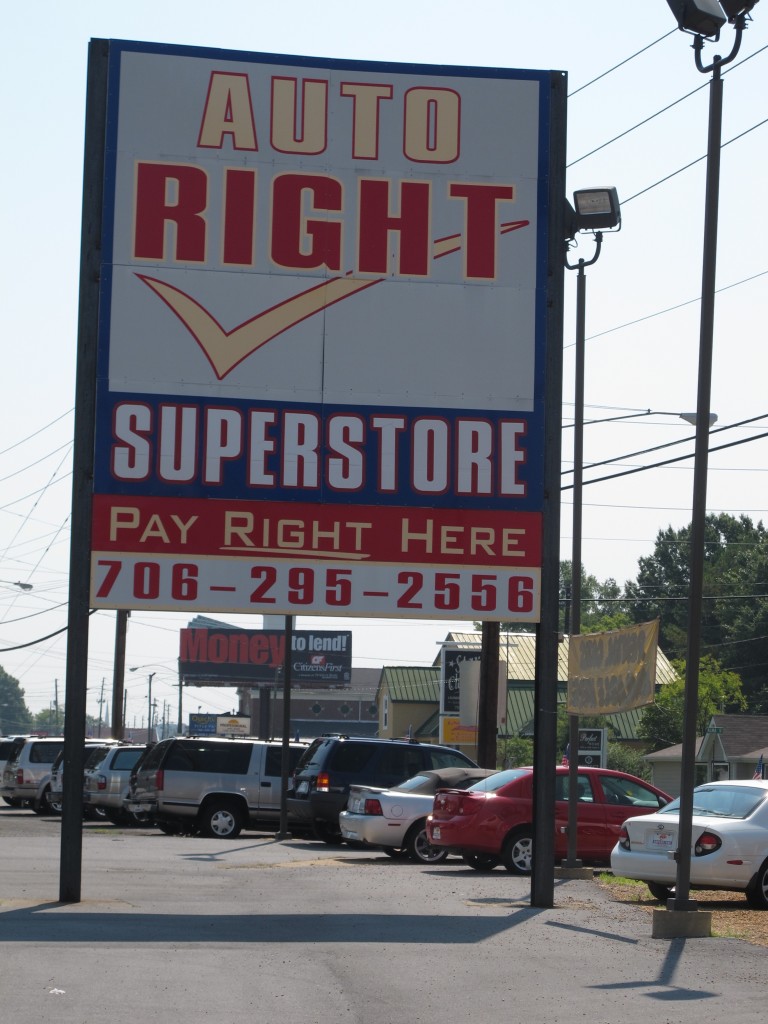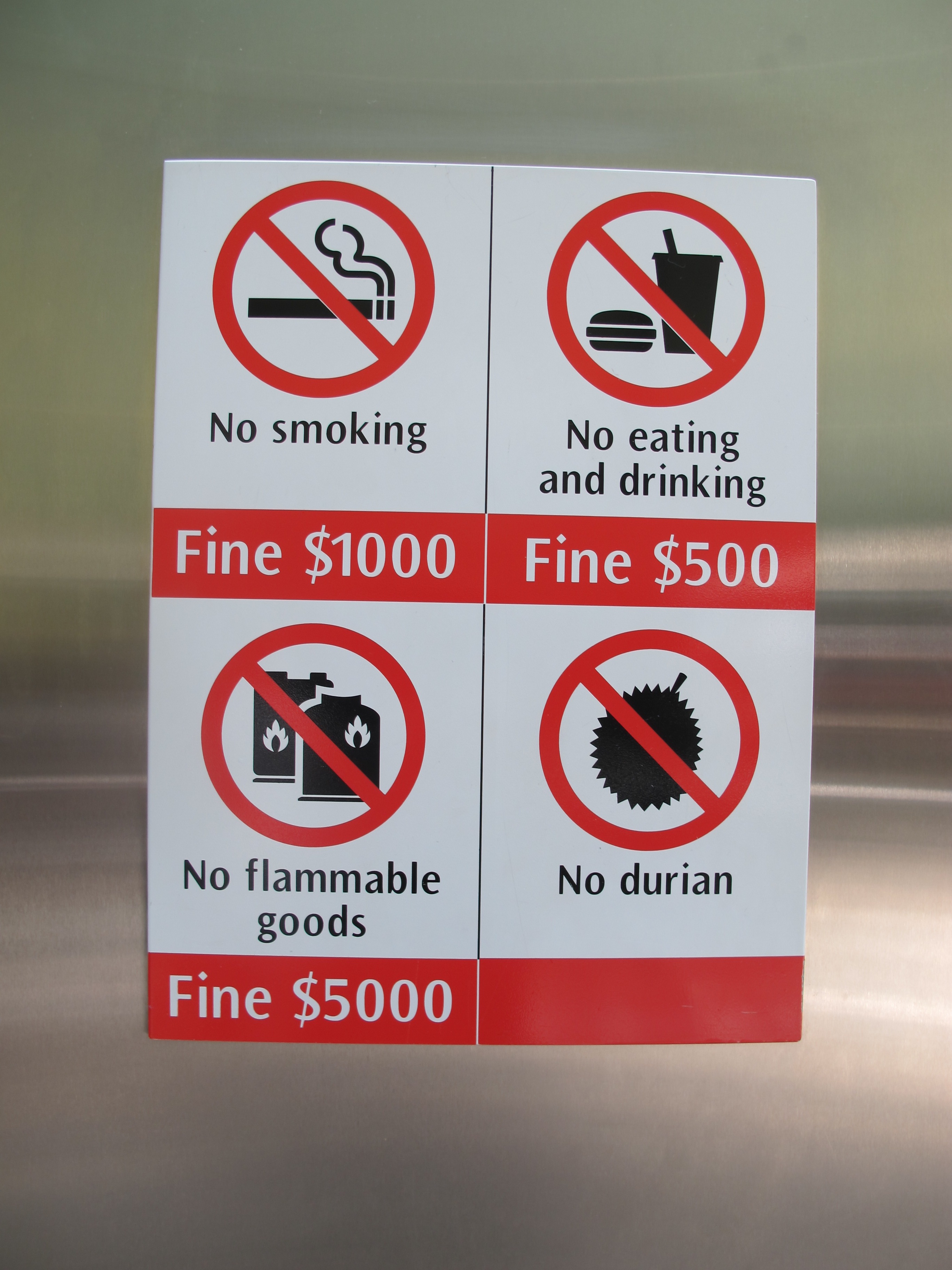“Spend less, save more” is the advice for the individual to decrease debt, but what about thinking system-wide? What does it take to have less total debt in society?
Counter-intuitively, the key to having less total debt is to have less total money. This stems from the fact that money and debt create each other. The more total money there is in people’s bank accounts, the more debt there will be. So when the government talks about “increasing the money supply” or “increasing bank liquidity” or “recapitalizing the banks” they are also saying they want there to be more debt. With more total debt comes more total interest payments, which moves more total money from debtors to creditors. In short the rich get richer.
This is the key concept– with less total debt or total money, the less money moves from debtors to creditors because of interest. This is a systematic issue that can be rethought at a systematic level. At most times in human history, interest was a sin and illegal. David Graeber in his book Debt, the First 5,000 Years, shows that interest comes and goes on long historic cycles, so we can assume interest will become illegal again, but this could take decades or centuries.
To decrease total debt and therefore total money we have to hold wealth in other forms. Paying off all home debt, for instance, would remove trillions of dollars from the total debt rolls. The mortgage system is quite recent and has been a boon to bankers and creditors since they benefit from this new and massive form of total debt. Student loans has now scaled into a multi-trillion dollar bonanza. New debt products seem to rip through our culture because of the profits that come from increasing total debt levels. Putting villagers in debt with microfinance schemes is one of the most recent “financial innovation.”
This sounds very nice to decrease debt, but how do individuals do their part to decrease the total debt? Some think renting is different from owning/debt, but this does not bear closer scrutiny. Renting is mostly paying someone else’s debts. Muslim’s still have the prohibition on money-at-interest, as most religions have had, and some schemes have been invented to try get around these such as renting rather than buying as was tried in Toronto, but renting is not that different front debt.
Approaches to decrease total debt by decreasing total money:
* One approach is to own shares of things, like houses, rather than debt contracts. Shares have flexibility that debt does not, there is shared risk, and there is no money flowing or stored in bank accounts.
* Many families support family members by helping buying, say one half, of a house that is lived in by a family member and then when the house sells, they split the resulting money. Is this fair? Well, one member gets to enjoy the house and the other does not, but on the other hand the one living there will pay to fix up the house and the other will not.
* Informal exchange of dinner parties can decrease restaurant use. This helps de-monetize food and increase sharing. Enduring positive relationships come from this. I know because I have been doing this every Thursday for 25 years.
* Sharing couches or staying in our apartments when we are away takes more trust than hotels but this has its own rewards. Many popular Internet services have tried to help with logistics and trust (through reviews and reputation).
* Hitchhiking can be promoted as well as a way to share more and spend less.
* Shares in companies has some of these positive aspects, but does not seem to have the positive values of shares in more local and personal assets. Local shares are often renegotiated as time goes by which is a key difference from debt contracts.
Basically, investing in more complex relationships rather than hoarding money in bank accounts will help keep the total debt down, which would have systematic benefits. For those that might go into debt, try giving and giving, and often benefits come back without monetary charges.



